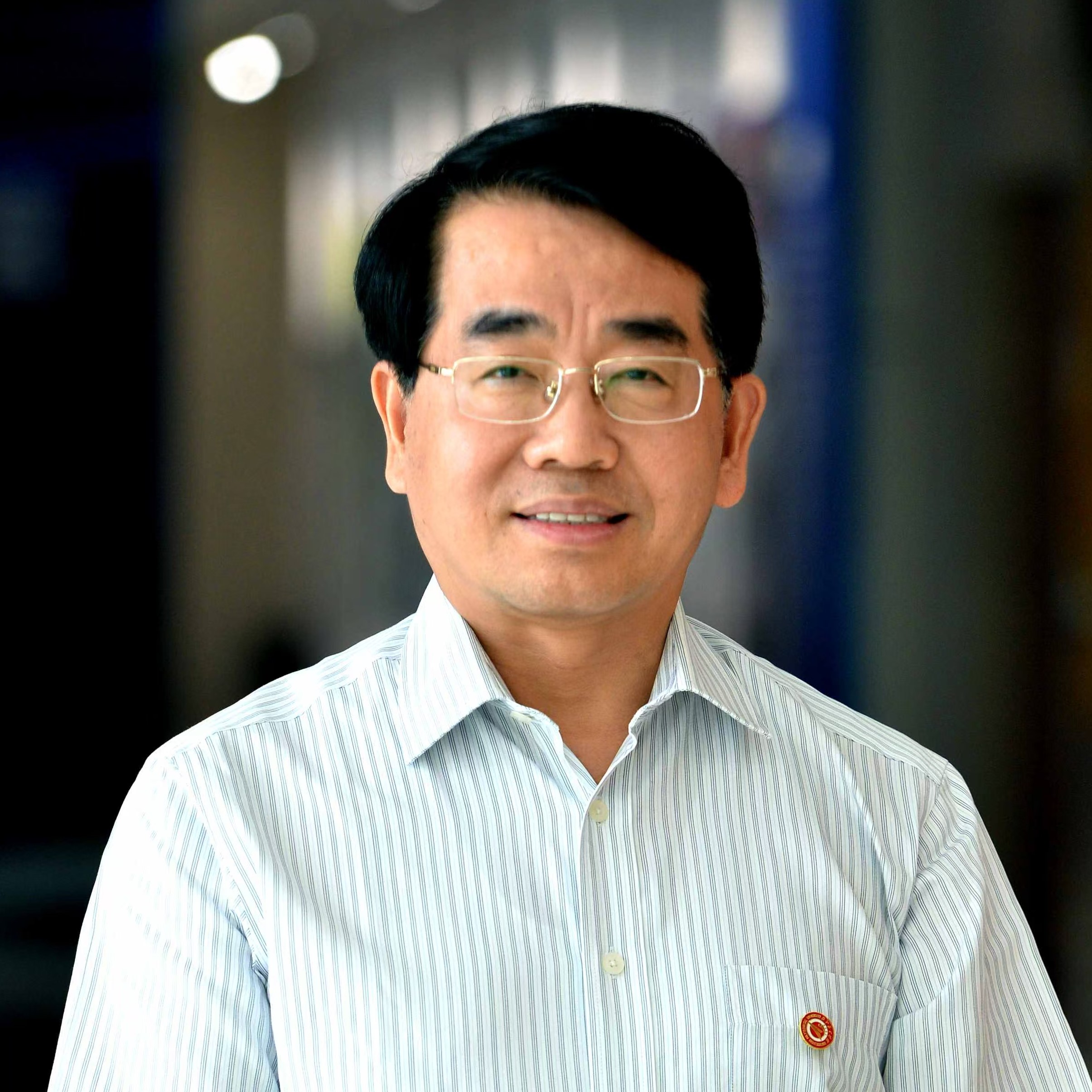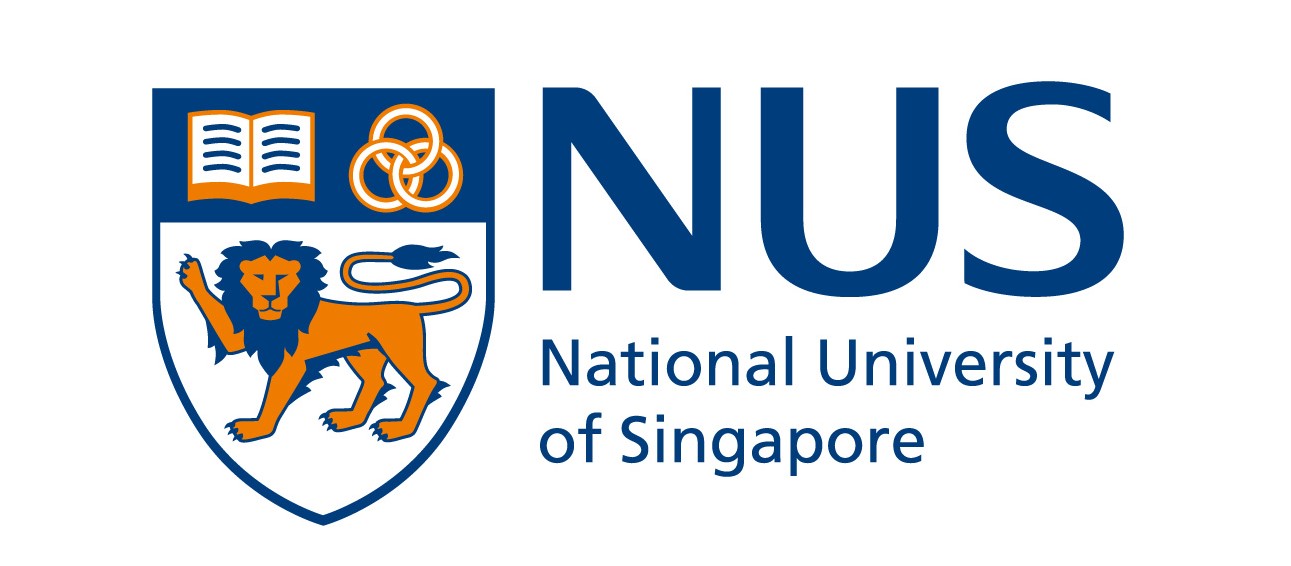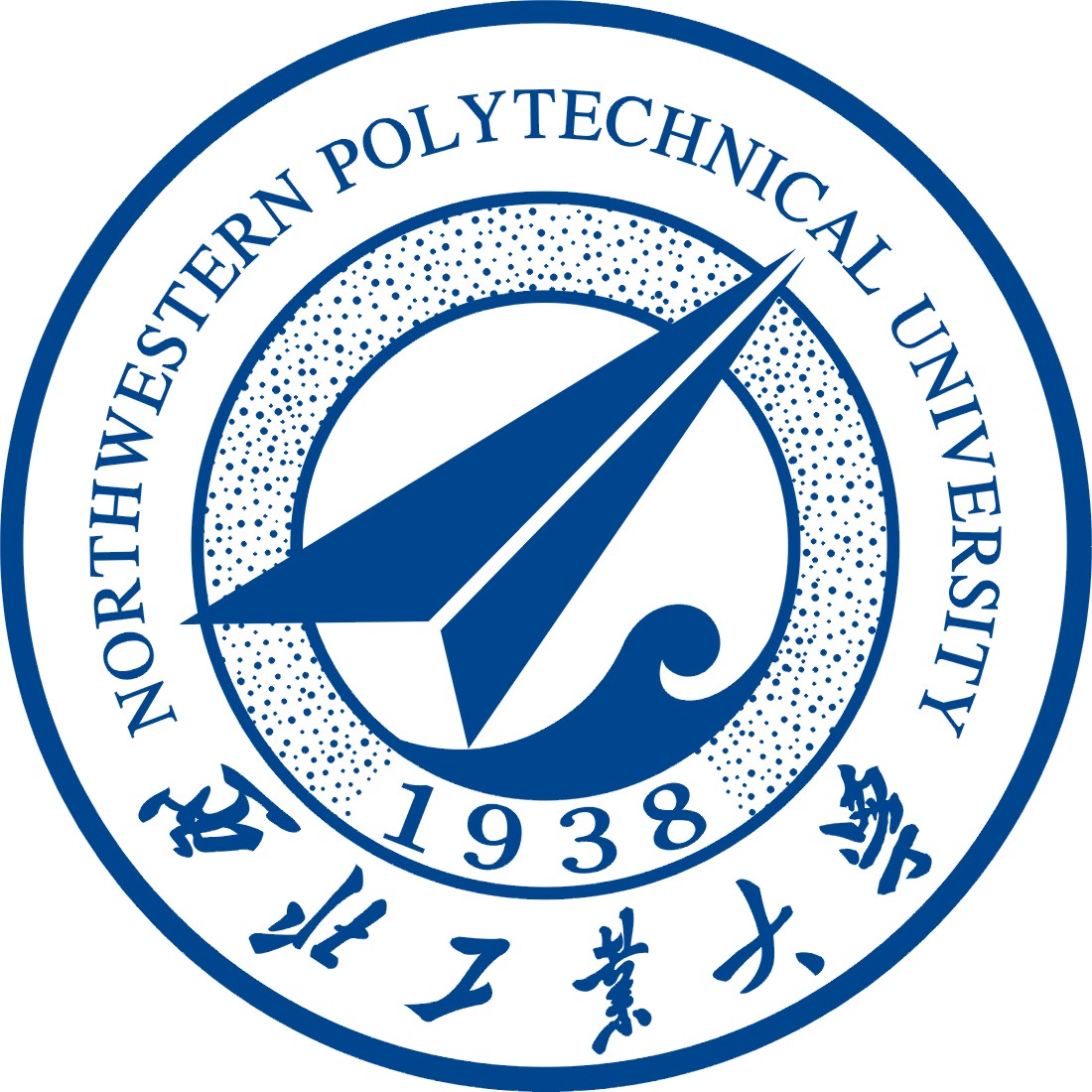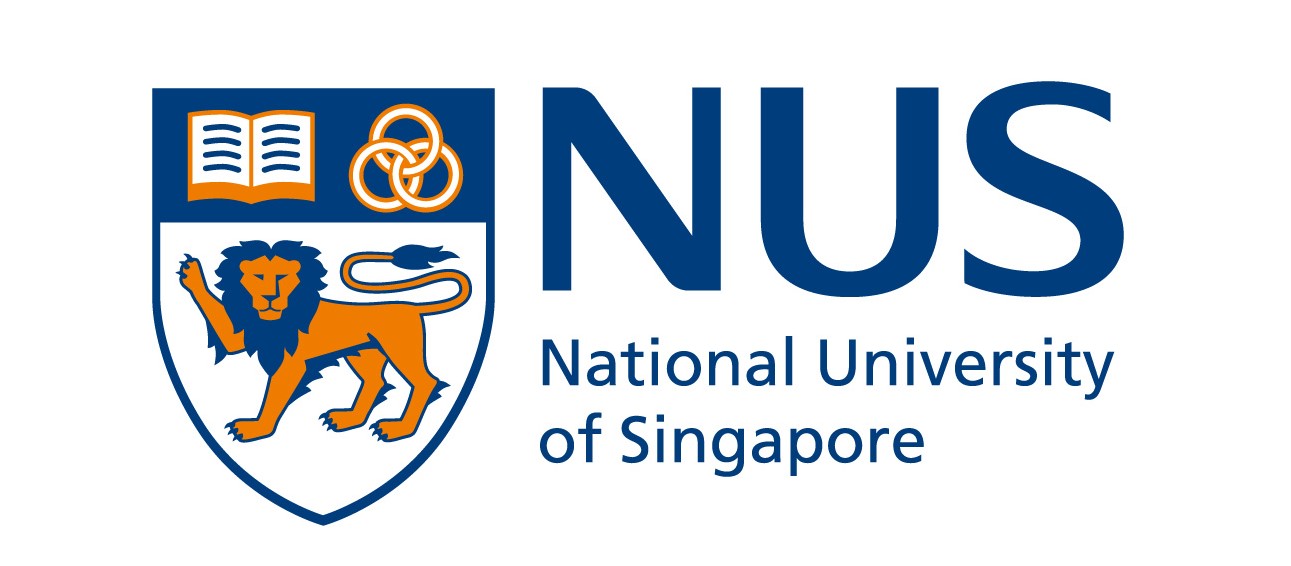Scientific Committee
 Wei Huang
Northwestern Polytechnical University
 |
 Xiaogang Liu
National University of Singapore
 |
 Jianpu Wang
Nanjing Tech University
 |
 Liqian Wang
Nature
|
 Karl Ziemelis
Nature
|
 Stuart Thomas
Nature
|
 Valeria Caprettini
Nature Biomedical Engineering
|
 Jie Pan
Nature Computational Science
 |
 Matteo Cucchi
Nature Communications
|
Organizers
|
The State Key Laboratory of Flexible Electronics (LoFE)] The State Key Laboratory of Flexible Electronics (LoFE) is jointly established by Northwestern Polytechnical University, Nanjing University of Posts and Telecommunications and Nanjing Tech University in January 2025. As a national strategic research platform, LoFE is committed to cutting-edge scientific exploration, fostering original innovation ecosystems, and driving high-quality socioeconomic development through advancements in next-generation productivity paradigms. Aligned with global scientific frontiers and critical needs in next-generation information technology innovation, the laboratory pursues three interconnected missions:
|
|
 |
Northwestern Polytechnical University Located in the historic city of Xi'an, cradle of Chinese civilization and terminus of the ancient Silk Road, Northwestern Polytechnical University (NPU) is the only multidisciplinary and research-oriented in China that is simultaneously developing education and research programs in the fields of aeronautics, astronautics, and marine technology engineering. It is now affiliated to the Ministry of Industry and Information Technology (MIIT). Since the establishment of the People's Republic of China (PRC), NPU has always been one of the nation’s key universities. In 1960 it was approved as a state key university by the State Council. It ranked among China’s top 15 universities in the state’s 7th and 8th Five-Year plans; and NPU is one of the first 22 universities to have established a graduate school. It was one of the first universities to enter into the 211 Project in 1995 and the 985 Project in 2001. NPU is a member of the "Outstanding University Alliance" program and is honored as a National Role Model Unit, a National Pioneer for Optimal Advanced Basic-level Party Organization and a Model University for Graduate Employment etc. NPU adheres to the motto " Loyalty,Integrity,Courage and Perseverance" while carrying forward the spirit of " Strong Preparation,Diligent Effort,Practical Attitude,and Creative Innovation". NPU has put its roots down in the west; dedicated itself to national defense and written several “firsts” into the history of the PRC. Now NPU will continue to pioneer new pathways into the future in the process of building a world first-class university and world first-class disciplines. |
 |
National University of Singapore The National University of Singapore (NUS) is Singapore’s oldest and most prestigious institution of higher learning, renowned for its comprehensive research and global impact. Established in 1905 as a modest medical school, NUS has evolved into a leading global university, consistently ranked among the world’s top universities. Today, it offers a wide spectrum of disciplines spanning science, engineering, medicine, business, law, arts, and social sciences, as well as cutting-edge programs in areas such as data science, sustainability, and artificial intelligence. NUS is committed to excellence in education, research, and innovation, guided by its vision to shape the future for Singapore, Asia, and the world. Its multidisciplinary approach emphasizes experiential learning, entrepreneurship, and global exposure, preparing students to thrive in a rapidly changing world. With over 40,000 students from more than 100 countries, the university fosters a vibrant and diverse campus community. The university is also home to numerous world-class research institutes and industry partnerships, driving breakthroughs in areas ranging from biomedical sciences to smart technologies and urban sustainability. By integrating education, research, and enterprise, NUS continues to be a hub of knowledge creation and societal impact, advancing Singapore’s role as a global innovation hub. |
 |
Nanjing Tech University |
 |
Nature Nature is a weekly international journal publishing the finest peer-reviewed research in all fields of science and technology on the basis of its originality, importance, interdisciplinary interest, timeliness, accessibility, elegance and surprising conclusions. Nature also provides rapid, authoritative, insightful and arresting news and interpretation of topical and coming trends affecting science, scientists and the wider public. |
 |
Nature Biomedical Engineering Nature Biomedical Engineering is an online-only monthly journal publishing original research, reviews and commentary of high significance to the biomedical engineering community, including bench scientists interested in devising materials, methods, technologies or therapies to understand or combat disease. |
 |
Nature Computational Science Nature Computational Science is a new online-only journal that is interested in both fundamental and applied research in the growing area of computational science. Nature Computational Science focuses on the development and use of computational techniques and mathematical models, as well as their application to address complex problems across a range of scientific disciplines. The main goal of the journal is to foster multidisciplinary research and the cross-disciplinary application of new computational techniques. |
| Nature Communications
Nature Communications is an open access journal that publishes high-quality research from all areas of the natural sciences. Papers published by the journal represent important advances of significance to specialists within each field. |
